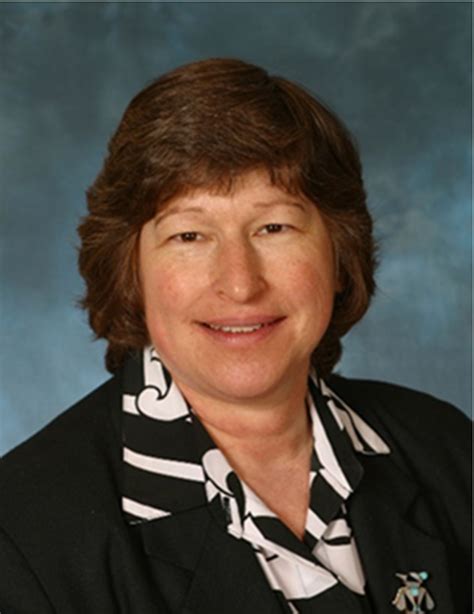The world of healthcare is filled with unsung heroes who work tirelessly behind the scenes to ensure that patients receive the best possible care. One such group of professionals is nuclear medicine technologists, who play a vital role in the diagnosis and treatment of diseases. To recognize their contributions, the Society of Nuclear Medicine and Molecular Imaging (SNMMI) has designated the third week of October as National Nuclear Medicine Technologists Week (NMTW). In this article, we will delve into the world of nuclear medicine technologists and explore some fascinating facts about their profession.
The Role of Nuclear Medicine Technologists
Nuclear medicine technologists are highly trained professionals who specialize in the use of radioactive materials to diagnose and treat diseases. They work closely with physicians and other healthcare professionals to ensure that patients receive the best possible care. Their responsibilities include preparing and administering radioactive substances, operating specialized equipment, and analyzing images to help diagnose and treat diseases.
Preparation and Education
To become a nuclear medicine technologist, one needs to complete a minimum of an associate's degree in nuclear medicine technology or a related field. Many programs are accredited by the Joint Review Committee on Educational Programs in Nuclear Medicine Technology (JRCNMT). These programs include both classroom and clinical training, where students learn about the principles of nuclear medicine, radiation safety, and imaging procedures.

Career Opportunities and Specializations
Nuclear medicine technologists have a wide range of career opportunities, including working in hospitals, research institutions, and pharmaceutical companies. They can also specialize in specific areas, such as positron emission tomography (PET), single-photon emission computed tomography (SPECT), and nuclear cardiology.
Certification and Professional Development
To become certified, nuclear medicine technologists must pass the Nuclear Medicine Technology Certification Board (NMTCB) exam. Certification is not mandatory, but it is highly recommended, as it demonstrates a level of expertise and professionalism. To stay up-to-date with the latest advancements in the field, nuclear medicine technologists must also participate in ongoing professional development, including continuing education courses and conferences.

National Nuclear Medicine Technologists Week (NMTW) Facts
Here are some interesting facts about National Nuclear Medicine Technologists Week (NMTW):
- NMTW was first established in 2012 to recognize the contributions of nuclear medicine technologists.
- The week-long celebration takes place every year during the third week of October.
- NMTW is an opportunity for nuclear medicine technologists to raise awareness about their profession and the importance of nuclear medicine in healthcare.
- Many hospitals and healthcare institutions participate in NMTW by hosting events, such as seminars, workshops, and recognition ceremonies.

Challenges and Future Directions
Despite the many advancements in nuclear medicine technology, there are still several challenges that nuclear medicine technologists face. Some of these challenges include:
- The need for ongoing education and training to stay up-to-date with the latest advancements in the field.
- The importance of radiation safety and the need to minimize exposure to radioactive materials.
- The challenge of working with patients who may be anxious or fearful of nuclear medicine procedures.
Future Directions
The future of nuclear medicine technology is exciting and rapidly evolving. Some of the emerging trends and technologies include:
- The use of artificial intelligence and machine learning to improve image analysis and diagnosis.
- The development of new radioactive substances and imaging agents.
- The increasing use of nuclear medicine in personalized medicine and targeted therapies.




A Call to Action
As we celebrate National Nuclear Medicine Technologists Week, we would like to encourage readers to take a moment to appreciate the hard work and dedication of nuclear medicine technologists. If you know someone who works in this field, please take the time to thank them for their contributions to healthcare. You can also show your appreciation by sharing this article on social media and using the hashtag #NMTW.
We hope that this article has provided you with a deeper understanding and appreciation of the important work that nuclear medicine technologists do. We would love to hear from you, so please feel free to leave a comment or share your thoughts on social media.
What is National Nuclear Medicine Technologists Week?
+National Nuclear Medicine Technologists Week (NMTW) is a week-long celebration that takes place every year during the third week of October to recognize the contributions of nuclear medicine technologists.
What is the role of a nuclear medicine technologist?
+Nuclear medicine technologists are highly trained professionals who specialize in the use of radioactive materials to diagnose and treat diseases.
How do I become a nuclear medicine technologist?
+To become a nuclear medicine technologist, you need to complete a minimum of an associate's degree in nuclear medicine technology or a related field and pass the Nuclear Medicine Technology Certification Board (NMTCB) exam.
